
It's no secret that garlic and onions can lead to some pretty gnarly bad breath-but if you avoid these foods and your breath still smells bad, it's time to dig deeper into the sneaky saboteurs that could be causing it.
"Chronic bad breath can be very frustrating, even more so when you're trying to fight it but can't figure out what the culprit is," says Cary, North Carolina-based dentist Bobbi Stanley, D.D.S. For some people, bad breath can be genetic, but for others, it could be a part of your daily routine that you're not even realizing, such as regularly eating certain foods that aren't typically known for their breath-ruining skills.
Below are eight foods that might be contributing to your bad breath, and easy fixes you can bust out when you're nowhere near your toothbrush.
1. Citrus Fruits
Odor-causing bacteria love an acidic environment, so by eating a lot of citrus fruits, you're basically inviting bad breath to stick around, especially if you're prone to acid reflux, which can cause acids to flow back into your throat and cause a foul scent, says Stanley. Besides being more mindful of how often you eat acidic foods, consider popping a sugar-free candy post-citrus to freshen your breath. (Emphasis on sugar-free, as bacteria also love to feast on sugar.)
2. High-Protein Foods
Eating an excessive amount of protein (say, while on a high-protein diet) can lead to bad breath, thanks to the body producing ammonia while breaking down protein during the digestive process. The odor ends up escaping through your mouth, and it's often said to smell similar to cat pee. To help balance the scales when a toothbrush isn't within reach, try noshing on foods that contain zinc (spinach, pumpkin seeds, chickpeas), which can help control plaque and reduce bad breath, says New York-based endodontist Adam S. Harwood, D.M.D.
3. Canned Fish
Unlike fresh fish, canned fish (like tuna and salmon) has had time to oxidize and react to other elements. "What we describe as 'that fishy smell' comes from a compound found in fish called trimethylamines," says Harwood. "Unless they bind with some other liquid, they tend to linger in the mouth, giving off an unsavory smell." In this case, acidic foods might help. Acidic juice from lemons or oranges, or vinegar, can help these compounds bind with water, which allows you to eliminate them from your mouth by having a drink-but if these ingredients aren't handy, chewing a stick of sugar-free gum can help reduce some of the offending particles, says Harwood.
4. Cheese
"Most dairy products, including cheese, contain amino acids that react with your oral bacteria to produce sulfur compounds that can make your breath sour," says Harwood. "As these bacteria feast on the milk solids, they create excess hydrogen sulfide." The result? A mouth that smells like rotten eggs. Mouthwash won't do much in this case, says Harwood, but brushing with fluoridated toothpaste will help kill the offending bacteria that's causing the stench. If you can't brush right away, drinking water can help wash away the bacteria and particles that are camping out in your mouth. And being that floss is such a travel-friendly hygiene product, keep some thread on hand to quickly evict any dairy-themed particles that are hiding in the crevices of your teeth.
5. Pasta Sauce
Much like citrus fruits, the acidity from tomatoes can cause a buildup of acids in the mouth and foster the growth of bacteria, says Paul Sussman, D.M.D., a cosmetic dentist at the Center for Cosmetic Dentistry in New York. These pesky bacteria can result in bad breath. When you're having your next pasta with red sauce, keep a glass of water handy to sip during dinner to keep your mouth rinsed and the bacteria under control, says Sussman.
6. Peanut Butter
Peanut butter is a good source of plant protein-however, its paste-like consistency makes it difficult for saliva to break down the proteins once they're in your mouth. And because of how sticky it is, peanut butter can stay in your mouth for hours between brushings. "Bacteria thrive on protein, so the abundance provided by peanut butter makes it a prime cause of bad breath," says Crystal Lake, Illinois-based dentist Preet Sandhu, D.D.S. The next time a PB craving strikes, consider keeping a travel-size oral rinse nearby, which can help remove remnants, reduce bacteria and freshen breath all at once.
7. Horseradish
"Like most root vegetables, horseradish contains a chemical compound, isothiocyanate, which sticks around well after the spread is consumed," says Harwood. Because drinking water usually aggravates the situation and can cause discomfort, consuming mint may be the most effective way to combat this particular compound, he adds. After enjoying this potent condiment, drink mint tea or chew on some (sugarless) mint gum to help level things out until you meet up with your toothbrush. This Iced Mint Green Tea might do just the trick.
8. Coffee
Coffee may be healthy, but the morning beverage has a drying effect on the mouth, which reduces saliva flow and allows foul-smelling bacteria to not only grow but linger longer, says Harwood. The best way to balance the scales is to stay hydrated-say, for every cup of coffee you drink, guzzle a glass of H20. "The water acts as a constant cleansing agent and dissolves stinky substances," says Harwood, like those created by coffee.
The Bottom Line
Even if you avoid garlic and onions, there may be other bad-breath culprits behind the smell. Other foods and beverages, such as cheese, peanut butter and coffee, may be causing your unsavory breath. Fortunately, good dental hygiene, such as flossing, using an oral rinse, drinking water or chewing sugar-free gum, can help your mouth feel fresh again.

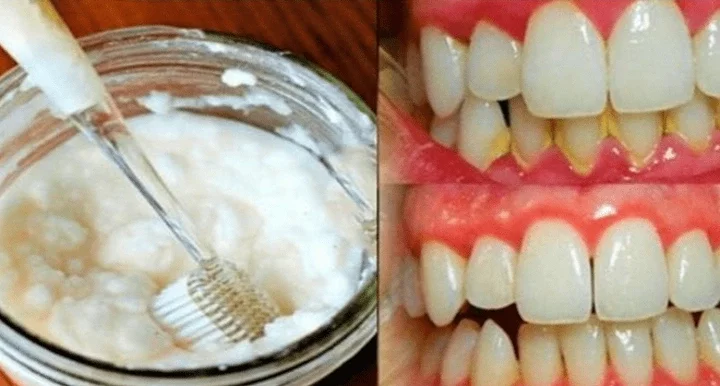

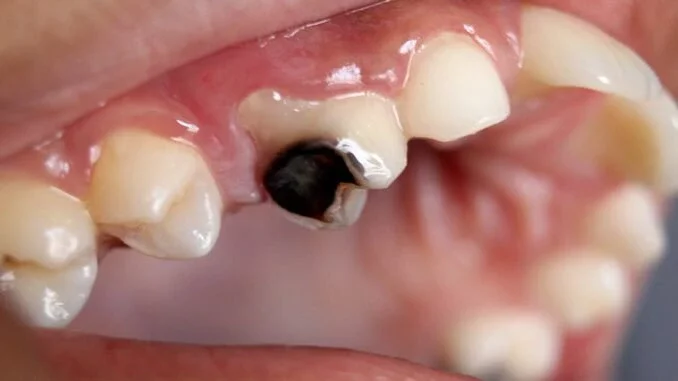
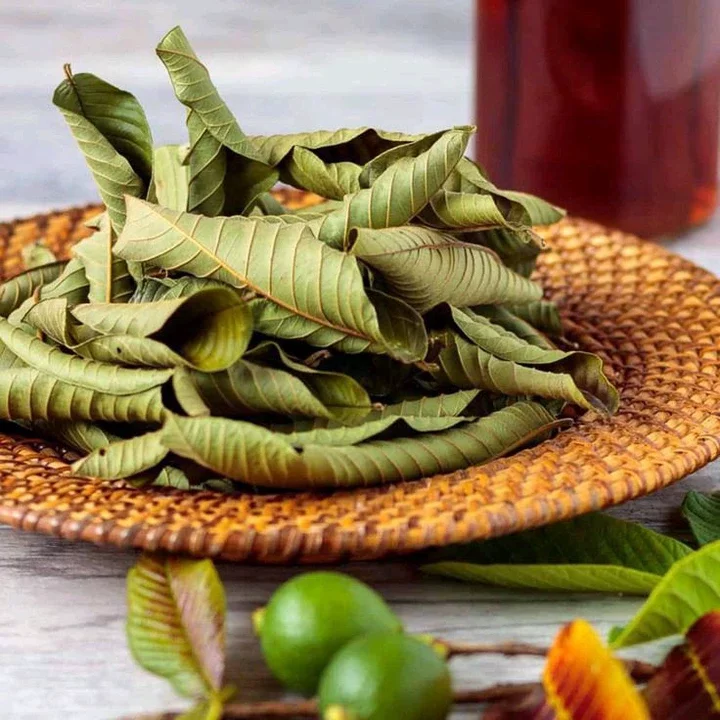
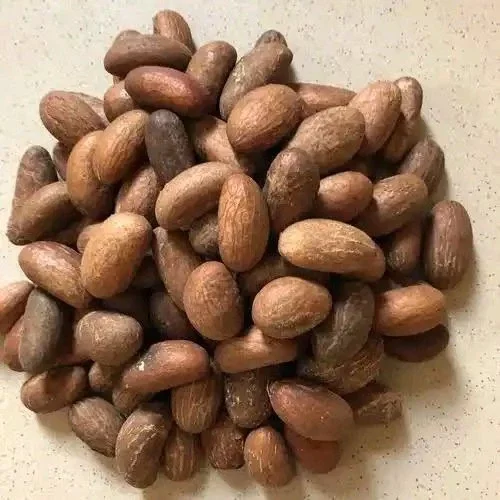
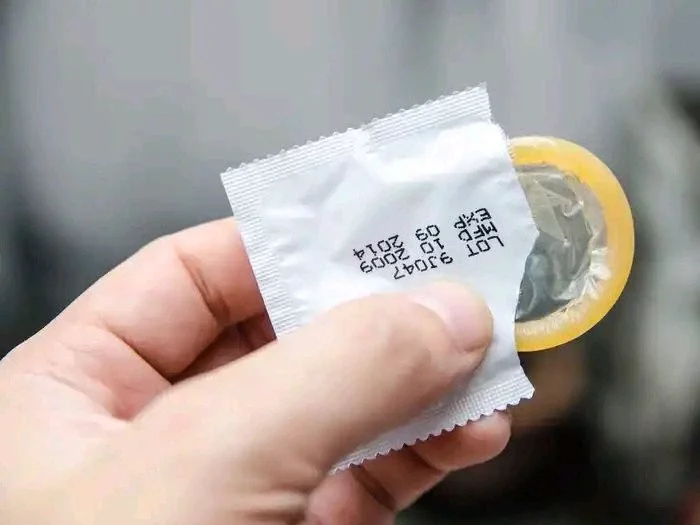









Comments